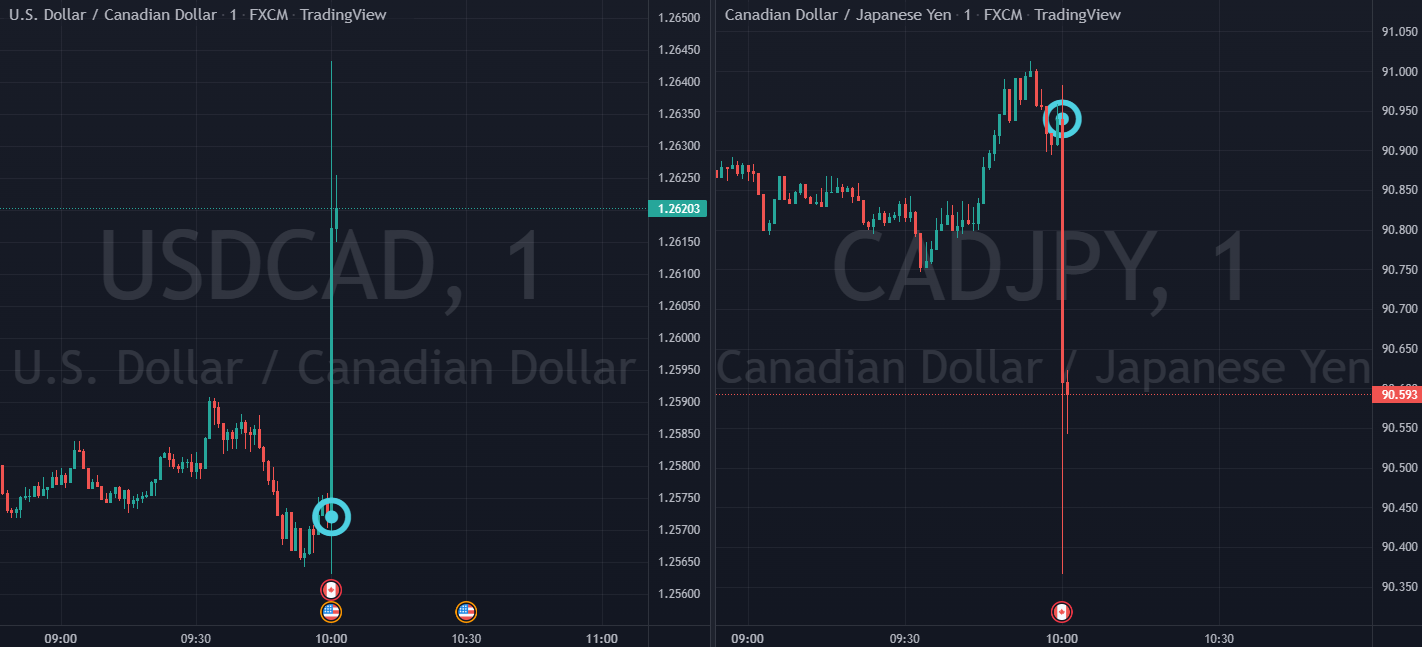The Canadian economy expanded at a rapid pace in the fourth quarter, exceeding the Bank of Canada's expectations and paving the way for an interest rate increase on Wednesday.
In January, the Bank of Canada predicted a 5.8% increase in the fourth quarter. The central bank has stated that it believes the economy's spare capacity has vanished, and the fourth-quarter beat adds to expectations that the central bank will raise its benchmark interest rate by a quarter-percentage point, to 0.50%, on Wednesday.
Inflation is currently at 5.1% remaining the highest since 1991.
WSJ:
The Russian invasion of Ukraine has muddied the picture. According to some economists, the conflict may prompt the Bank of Canada to be cautious about further rate increases. Others argue that the resulting increase in energy prices will benefit Canada as a net oil exporter, increase income, and contribute to inflationary pressures.
In March 2020, the Bank of Canada reduced its main interest rate to 0.25% in order to support the economy as the pandemic hit North America. It also engaged in large-scale asset purchases, known as quantitative easing, for the first time in order to keep longer-term borrowing costs stable and provide financial stability.
Traders had priced in a rate hike at the Bank of Canada's meeting on January 26th. Instead, the central bank chose to keep rates unchanged while warning Canadians that higher borrowing costs were on the way because spare capacity had largely vanished and inflation had reached uncomfortably high levels.
Fitch Ratings:
With annual inflation twice as high as the Bank of Canada's target, a tightening labor market, and a booming housing market, Fitch Ratings expects the bank to be more decisive in withdrawing policy stimulus, according to the agency's latest economics dashboard, though geopolitical risk and spillovers to markets and the real economy add a new source of uncertainty.
the BoC will begin with an initial 25bp increase in policy rates in March, from 0.25% currently, with further hikes to end 2022 at 1.25% and 2023 at 1.75%. The BoC is also likely to announce its plans for reducing the balance sheet.
Macklem’s Comments on 26th January:
With the strength of the recovery through the second half of 2021, the Governing Council now judges that this condition has been met (economic slack absorbed). As such, we are removing our commitment to hold our policy rate at its floor of 0.25%.
Market Reaction:
Canadian dollar weakened
USD/CAD 1st candle finished up around 46 pips
CAD/JPY 1st candle finished up around 34 pips
